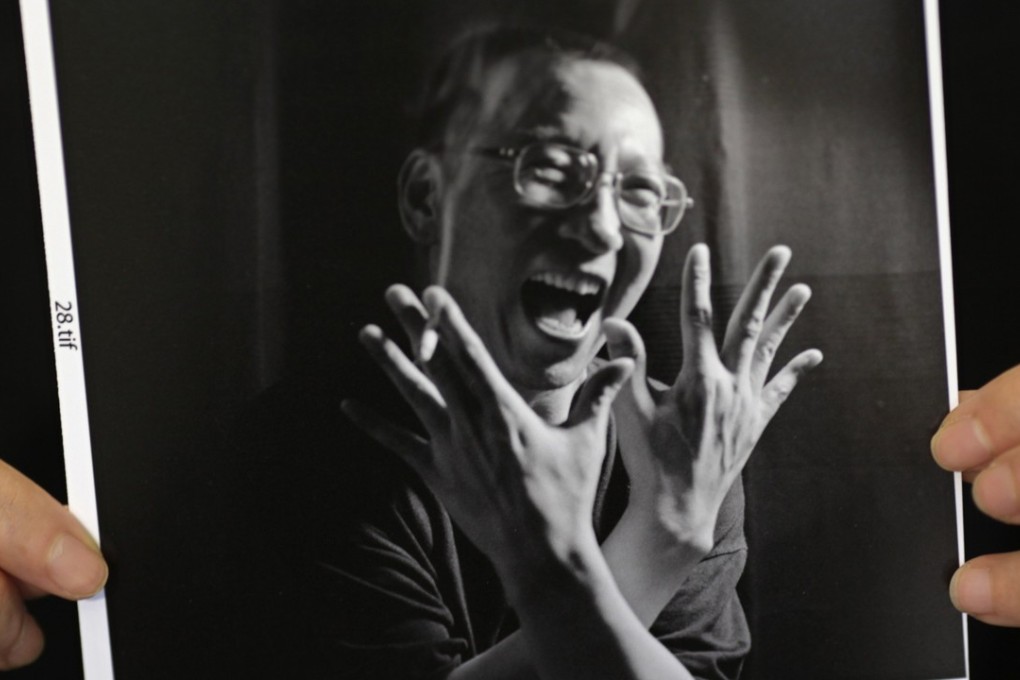Who is Chinese Nobel Peace Prize winner Liu Xiaobo and what’s his story?

Jailed Nobel Peace Prize winner and prominent Chinese dissident Liu Xiaobo has been released from prison after being diagnosed with terminal cancer.
A literary critic, Liu had been kept as a political prisoner since 2009, after calling for more democratic freedoms in China.
The 61-year-old dissident was diagnosed with late-stage liver cancer last month, and allowed to go to hospital for treatment.
Who is Liu Xiaobo?
In 2010, Liu became the first Chinese citizen to win a Nobel Peace Prize for his long, peaceful campaign for human rights in China. But Liu was unable to accept the award in person – he was behind bars at the time. He was represented by an empty chair at the 2010 awards ceremony in Oslo, Norway, and has never been able to collect his prize. In a statement read as his Nobel Lecture in absentia, he praised freedom of expression as the “foundation of human rights, the source of humanity and the mother of truth”.